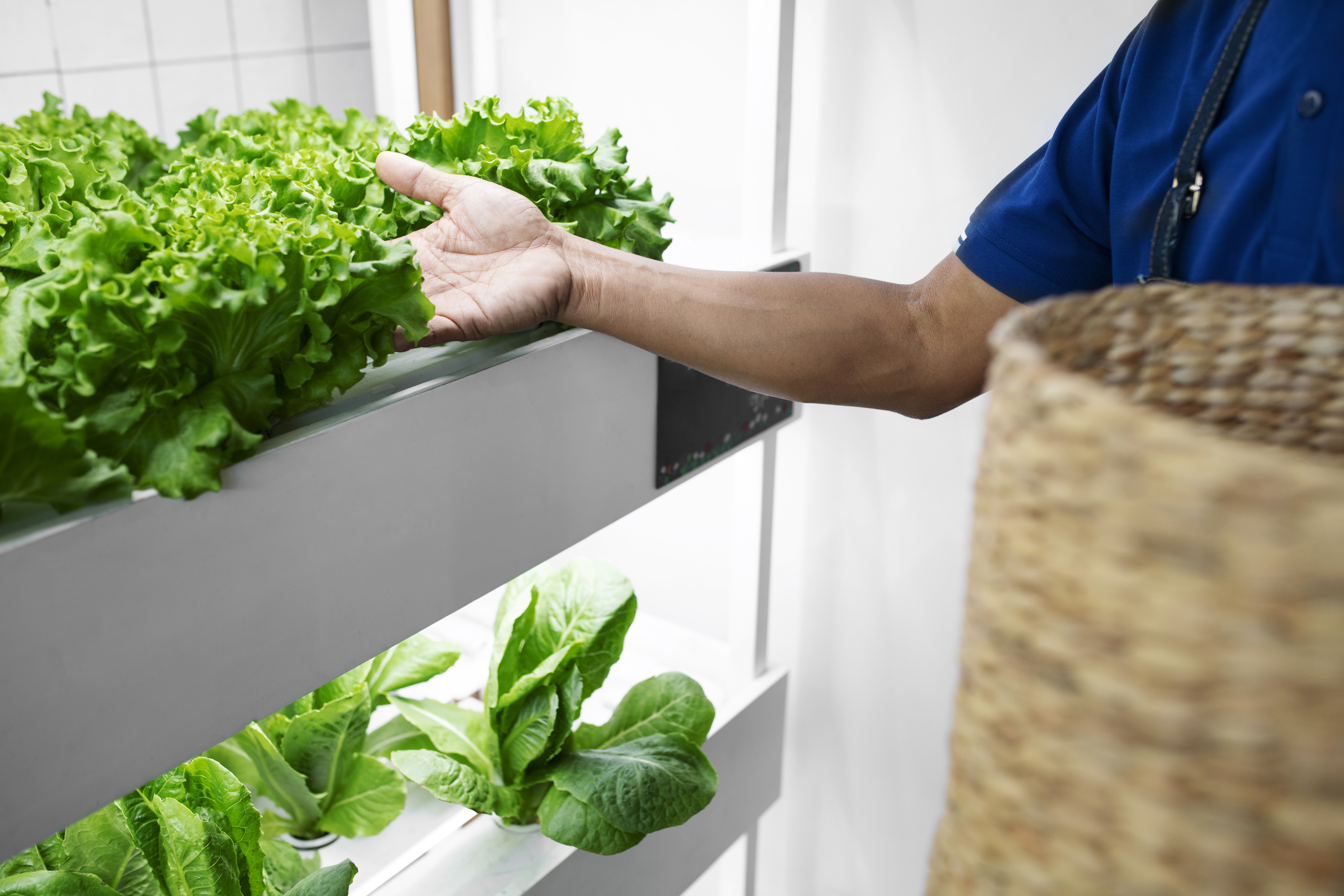The Ultimate Guide to Starting Your Own Organic Garden
Are you interested in growing your own organic fruits and vegetables, but don’t know where to start? Starting an organic garden can seem daunting at first, but with a bit of planning and effort, you can enjoy a bountiful harvest of healthy and nutritious produce. Here is our ultimate guide to starting your own organic garden.
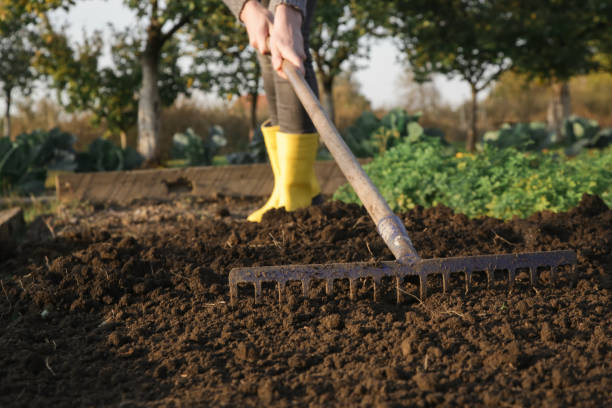
Step 1: Choose a Location
The first step in starting an organic garden is to choose a location that gets plenty of sunlight and has good soil drainage. Ideally, you want a spot that receives at least 6 hours of sunlight a day. You should also avoid areas that are prone to flooding, as this can drown your plants.

Step 2: Prepare the Soil
Next, you need to prepare the soil for planting. Start by removing any grass or weeds in the area you’ve chosen. Then, loosen the soil to a depth of at least 8 inches and mix in organic compost or manure. This will help to improve the soil structure and provide your plants with the nutrients they need to thrive.
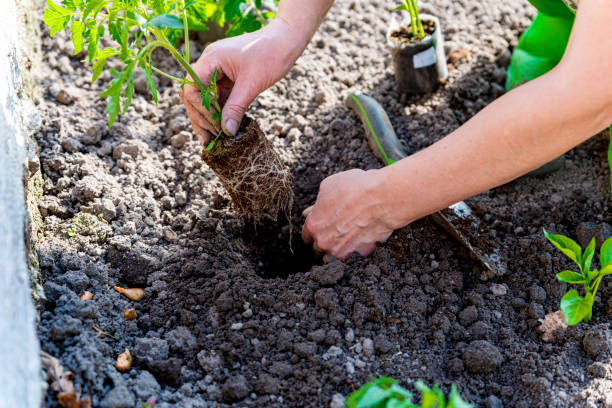
Step 3: Choose Your Plants
The next step is to choose the plants you want to grow. When selecting plants, consider the climate in your area and the amount of sunlight your garden receives. You should also choose plants that are well-suited to the soil type in your garden.
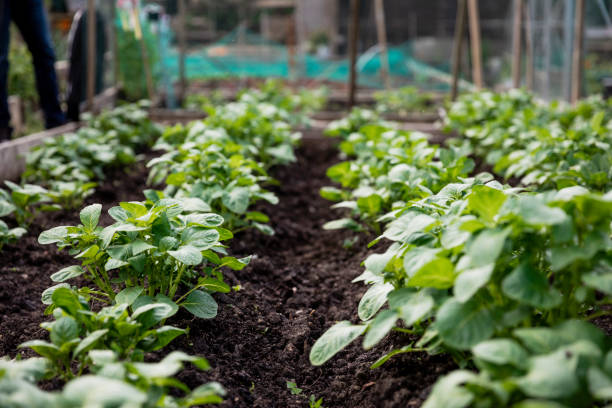
Step 4: Plant Your Garden
Now it’s time to plant your garden. When planting, be sure to follow the spacing and depth requirements for each plant. You should also water your plants immediately after planting to help them establish their roots.
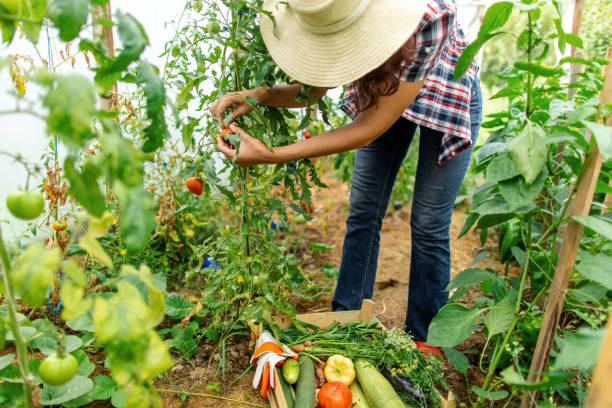
Step 5: Care for Your Garden
Caring for your garden involves regular watering, weeding, and fertilizing. When watering your garden, be sure to water deeply and infrequently rather than giving your plants frequent, shallow waterings. This will encourage deeper root growth and make your plants more resilient to drought.
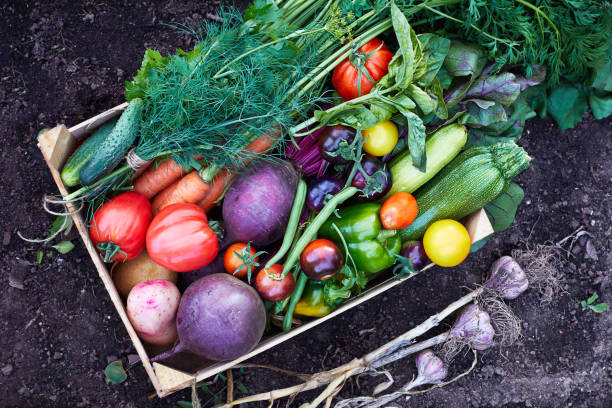
Step 6: Harvest Your Produce
The final step in starting an organic garden is to harvest your produce. When harvesting, be sure to pick your fruits and vegetables at the peak of ripeness for the best flavor and nutritional value.
Benefits of Organic Gardening
Starting your own organic garden has many benefits. First, you’ll have access to fresh, nutritious produce that’s free from harmful pesticides and chemicals. Organic gardening also promotes biodiversity and helps to maintain healthy soil and ecosystems. Additionally, organic gardening can be a fun and rewarding hobby that allows you to connect with nature and learn more about where your food comes from.
Tips for Success
Here are some tips for success in your organic gardening endeavor:
● Start small and expand as you gain experience.
● Consider using raised beds or container gardens if you have limited space.
● Use organic compost and natural fertilizers to enrich your soil.
● Rotate your crops each year to prevent soil-borne diseases and pests.
● Companion planting can help to repel pests and promote healthy growth.
● Regularly check your plants for signs of disease or pest infestations.
Conclusion
Starting your own organic garden can be a fun and rewarding way to enjoy fresh, nutritious produce and connect with nature. By following these steps and tips, you can create a thriving garden that provides you with healthy and delicious food year-round.

